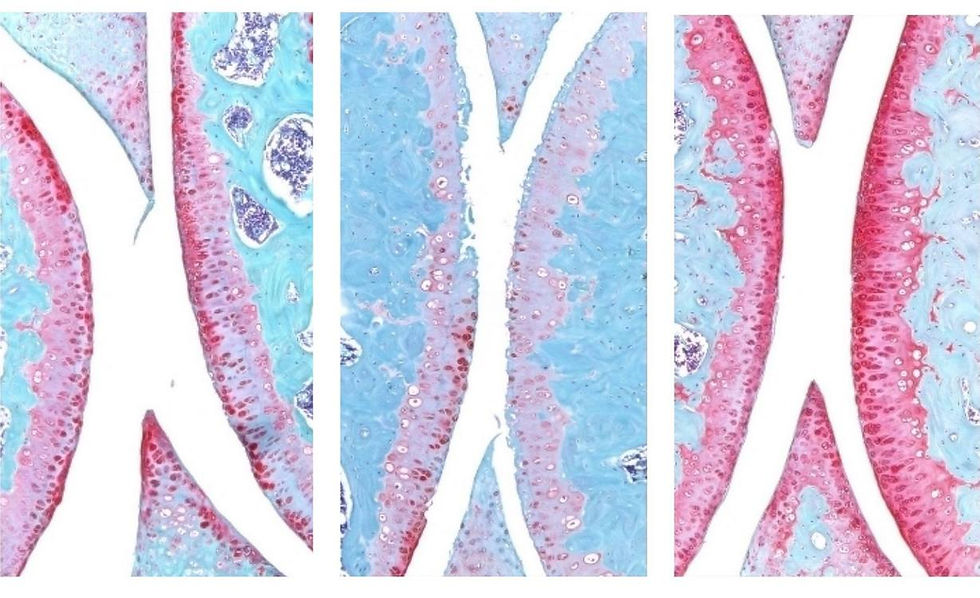Good News Around The World: Temporary Tattoo Could Prevent 'Spiking' by Detecting Roofie Drugs in Drinks Within Seconds...
- RaMa Holistic Care

- Jul 30, 2025
- 2 min read
The Following Article is From The Good News Network...
A temporary tattoo that detects drugs in drinks could prevent spiking with roofies.
The new sticker responds within one second to even low concentrations of the drug γ-hydroxybutyrate (GHB), according to scientists.
When drinking in a social setting, downing a drink spiked with drugs including GHB or Rohypnol (known as “roofies’) is an ever-present danger.
The drugs are colorless and tasteless, and induce a stupor in the victim that’s similar to severe alcohol intoxication, which leaves people vulnerable to being overpowered. But people can protect themselves by testing their drinks with specialized strips or cards that change color if exposed to the drugs.
However, current tests are often conspicuous or take minutes to report their results.
Now researchers in South Korea have developed a rapid-acting test for GHB that’s worn on the skin using a tattoo-like sticker.
To create the stickers, the researchers placed a mould overtop a thin plastic film decorated with tattoo-like designs. The team poured a gel mixture Into the mould, containing a chemical receptor that turns red when it detects GHB. They then coated the back of the sticker with a diluted glue solution, so it could stick to skin.
The researchers tested the sticker’s ability to detect small amounts of GHB in a range of drinks, including whiskey, vodka, beer, and coffee.
The findings, published in the journal ACS Sensors, showed that, within a single second, it detected the drug across a range of concentrations and below a level that would induce serious physiological symptoms: 0.01 micrograms of GHB in one milliliter of beverage.
“In practice, a wearer could dip a finger into a beverage, touch the drop to the sticker and see the result almost immediately,” said study co-author Dr. Kyong-Cheol Ko, of the Korea Research Institute of Bioscience and Biotechnology in a media release.
“And the sticker displays the positive result for up to 30 days after detection, which could be important if it’s needed as a form of evidence of tampering.”
The researchers say that their sticker technology, funded in part by funding from the National Research Foundation of Korea and the Ministry of Food and Drug Safety, is cheap and easy to manufacture, and it could be commercially available soon.



Comments